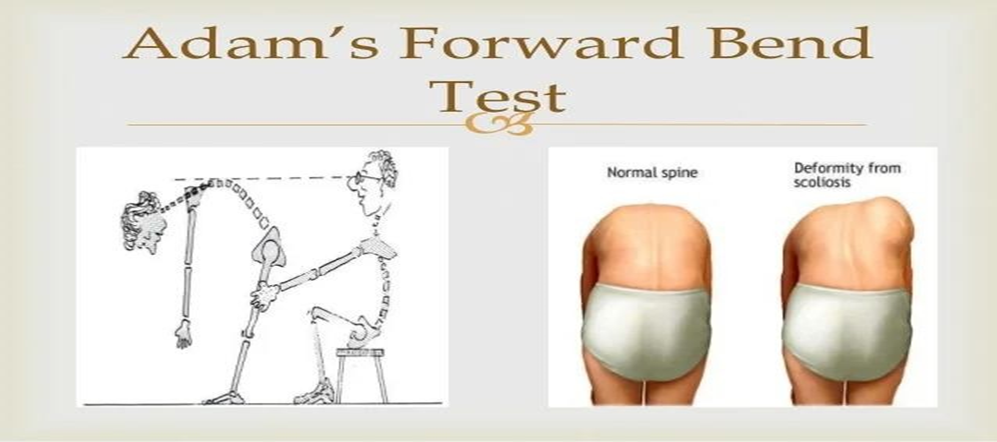A nurse is reinforcing teaching with the mother of a child who has cystic fibrosis and is to take pancreatic enzymes three times per day. Which of the following statements indicates the mother understands the information?
"My child will take the enzymes to help digest the fat in foods."
"My child will chew the capsules."
"My child will take the enzymes to prevent nausea."
"My child will take the enzymes 2 hours before meals."
The Correct Answer is A
A. This statement indicates that the mother understands the purpose of giving pancreatic enzymes to her child with cystic fibrosis. Cystic fibrosis can cause pancreatic insufficiency, leading to difficulty digesting fats and other nutrients. Pancreatic enzymes help to supplement the deficient digestive enzymes, aiding in the digestion of fats and improving nutrient absorption.
B. Pancreatic enzyme capsules are typically meant to be swallowed whole, not chewed. Chewing the capsules could affect their effectiveness by prematurely releasing the enzymes in the mouth rather than in the stomach where they are needed for digestion.
C. While pancreatic enzymes can help with digestion and may indirectly reduce symptoms like nausea by improving nutrient absorption, their primary purpose is not to prevent nausea.
D. Pancreatic enzymes are usually taken with meals or snacks to aid in the digestion of food. The timing of pancreatic enzyme administration may vary depending on the child's eating schedule and the specific instructions provided by the healthcare provider, but taking them 2 hours before meals would not typically be recommended.
Nursing Test Bank
Naxlex Comprehensive Predictor Exams
Related Questions
Correct Answer is D
Explanation
D The forward bending test, also known as the Adam's forward bend test, is commonly used to screen for idiopathic scoliosis. During this test, the child is instructed to bend forward from the waist with their arms hanging downward and palms touching or overlapping. This position allows the nurse to observe the child's back for asymmetry, rib humps, or other signs of spinal curvature characteristic of scoliosis.

A This position may be used for certain examinations, such as assessing the spine's curvature but it is not typically the position used for screening for idiopathic scoliosis.
B This instruction involves cervical spine movement and is not relevant to screening for idiopathic scoliosis. It may be part of a different examination, such as assessing cervical spine range of motion or neurological function, but it does not aid in detecting scoliosis.
C Turning to the side and remaining relaxed may not provide adequate visualization of the spine's curvature, which is essential for scoliosis screening. Additionally, this position does not allow for proper assessment of the spine's alignment.
Correct Answer is C
Explanation
C. Salicylates, such as aspirin, should be avoided in children and adolescents with viral symptoms due to the association with Reye's syndrome. Instead, acetaminophen or other non-steroidal anti-inflammatory drugs (NSAIDs) without salicylates should be used for fever and pain relief.
A. Reye's syndrome typically presents with symptoms such as fever, vomiting, and lethargy. However, there isn't a specific test for Reye's syndrome itself. Diagnosis is often based on clinical symptoms, history of aspirin use, and laboratory findings.
B. Reye's syndrome is associated with the use of aspirin (salicylates) in children and adolescents with viral infections, particularly influenza and chickenpox. Acetaminophen (Tylenol) is recommended instead of aspirin for fever and pain relief in children with viral illnesses.
D. There isn't a specific vaccine for Reye's syndrome. Reye's syndrome is not caused by an infectious agent that can be prevented through vaccination.
Whether you are a student looking to ace your exams or a practicing nurse seeking to enhance your expertise , our nursing education contents will empower you with the confidence and competence to make a difference in the lives of patients and become a respected leader in the healthcare field.
Visit Naxlex, invest in your future and unlock endless possibilities with our unparalleled nursing education contents today
Report Wrong Answer on the Current Question
Do you disagree with the answer? If yes, what is your expected answer? Explain.
Kindly be descriptive with the issue you are facing.
